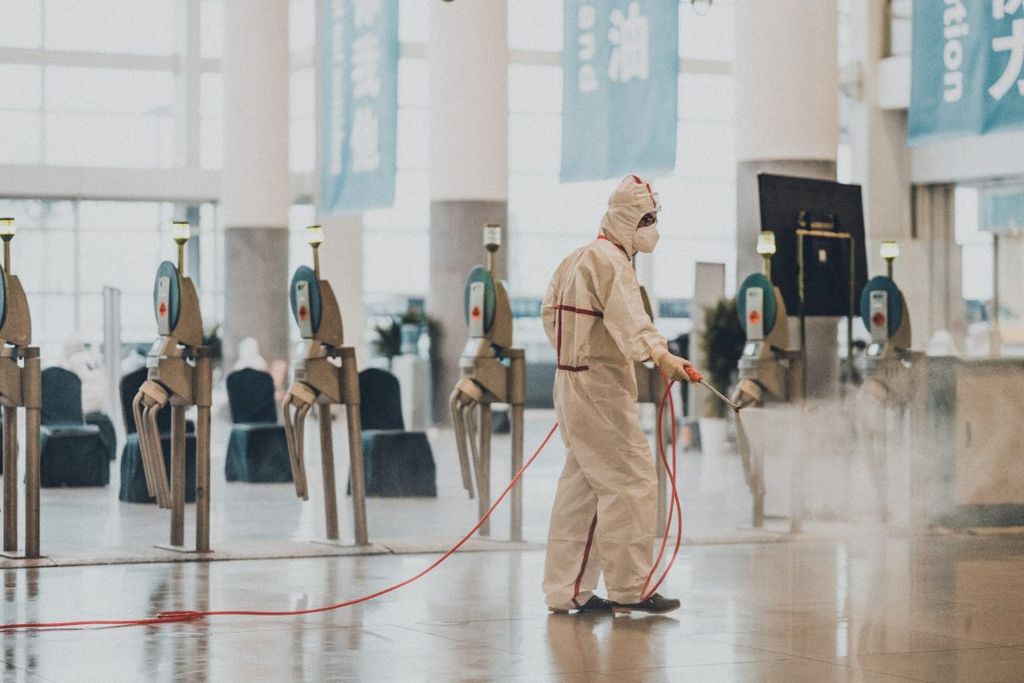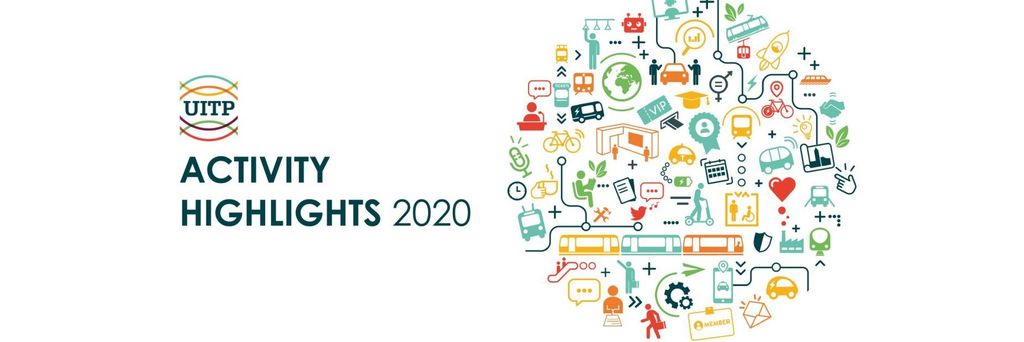
Achieving excellence with clean and safe public transport: UITP partners with ISSA and GBAC
The discussion over cleanliness and disinfection in public transport has become an important talking point…
As the public transport sector continues to react to the necessary implications of the coronavirus pandemic, a strong focus has been placed on the extra and necessary steps taken during COVID-19.
Public transport employees have worked tirelessly to implement extra cleaning procedures on board and at stations to make sure that the safety, comfort and needs of passengers continue to be met.
From the very start of the pandemic, UITP’s mission has been to support its members to share best practices and scientific knowledge to keep public transport safe during COVID-19.
Collaborating with external partners and stakeholders is always a top priority for our association and membership and by joining forces with ISSA– the worldwide cleaning industry association and GBAC, its Global Biorisk Advisory Council™, we can continue to strengthen our responses to the ongoing situation.
This new partnership will provide recommendations for the public transport sector to adjust their cleaning and disinfecting practices to ensure continued service excellence and safety of their services, and offer the GBAC STAR™ accreditation for transport providers.
The GBAC STAR program provides an online fundamental course for key employees, as well as guidance documents for outbreak risk assessments, cleaning and disinfecting techniques and more.
Globally recognised biorisk management experts then review applicants’ protocols against international standards to ensure all gaps are removed and organisations can rest assured that they have covered all the necessary elements to protect passengers and employees.
When the coronavirus pandemic began, public transport had to react to an emergency situation and tested many different cleaning and disinfecting products and procedures.
This has had a big impact on operations and costs for operators and authorities.
As the pandemic will remain a priority for quite some time, it is important for the sector to review the current practices and to adapt them, with the help of experts, to maximise the safety of the public transport networks, but also to keep the costs under control.
Public transportation is a vital service in society that people must rely on as they return to their routines after Covid-19 lockdowns. It is our duty to help passengers and employees develop assurance in their safety as ridership levels increase. Part of that confidence building comes from validating your protocols and communicating the many steps you are taking to protect people…now is a time when multiple disciplines must work together to protect public health and help local economies recover, making your infection prevention programs vital to a faster, safer recover.
What will this new partnership bring to public transport and our members?
A new survey has been conducted with UITP members to identify current practices. Based on the results of this survey, ISSA and GBAC have identified the “dos & don’ts” for cleaning and disinfection in public transport environment.
The UITP Academy has launched a series of webinars in the framework of the COVID-19 outbreak since last year and continues to bring experts to the digital table to debate and discuss what operators, authorities and companies can do to. They aim to assist public transport companies and authorities with the latest information and encourage collaboration and innovation in transport to pursue sustainable mobility.
Our first webinar through our collaboration ISSA and GBAC took place earlier this month, bringing together expert speakers from Germany, Australia, Belgium and the US to discuss the latest findings and developments.
“Achieving excellence with clean and safe public transport” addressed how to adapt cleaning and disinfection to ensure the highest level of safety for staff and passengers; to focus on the technologies used to guarantee the safest public transport environment and how cleaning and disinfection costs can be reduced without compromising on safety.
Those survey recommendations were presented in the webinar and will be developed in a future Action Point Report, to be released next month.
Working with our international membership on how best to react to the ongoing global pandemic continues to be a top priority for UITP. By collaborating with leading voices, such as the expertise at ISSA, we can expand our knowledge and output even further. Sharing research and insight allows us to take a closer look at how to best adapt cleaning and disinfection to ensure the highest level of safety for public transport employees and passengers, and strengthen the response of the sector to the coronavirus pandemic.
GBAC STAR leverages decades of expertise advising public and private entities regarding outbreak protocols to protect citizens, breaking it down to 20 key elements that every plan should have, from worker safety programs to cleaning and disinfecting, to personal protective equipment, infection prevention strategies and more.
UITP members will receive a special discount when applying for this accreditation programme, which will review protocols for fleets, stations, depots, shelters and corporate facilities…and a handy FAQ on introducing the programme can be found here.
Our members can apply for the accreditation programme here
Learn more about the reponse to COVID-19 within public transport






